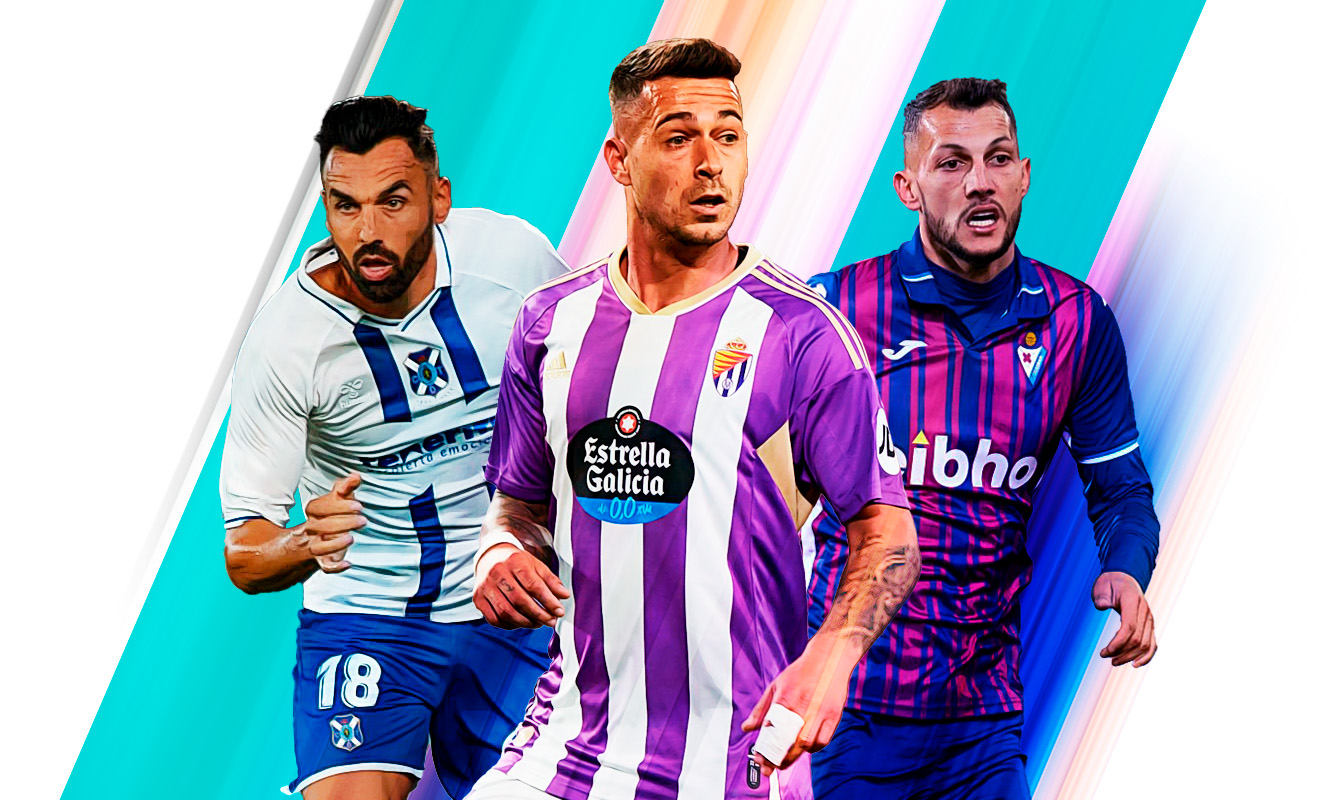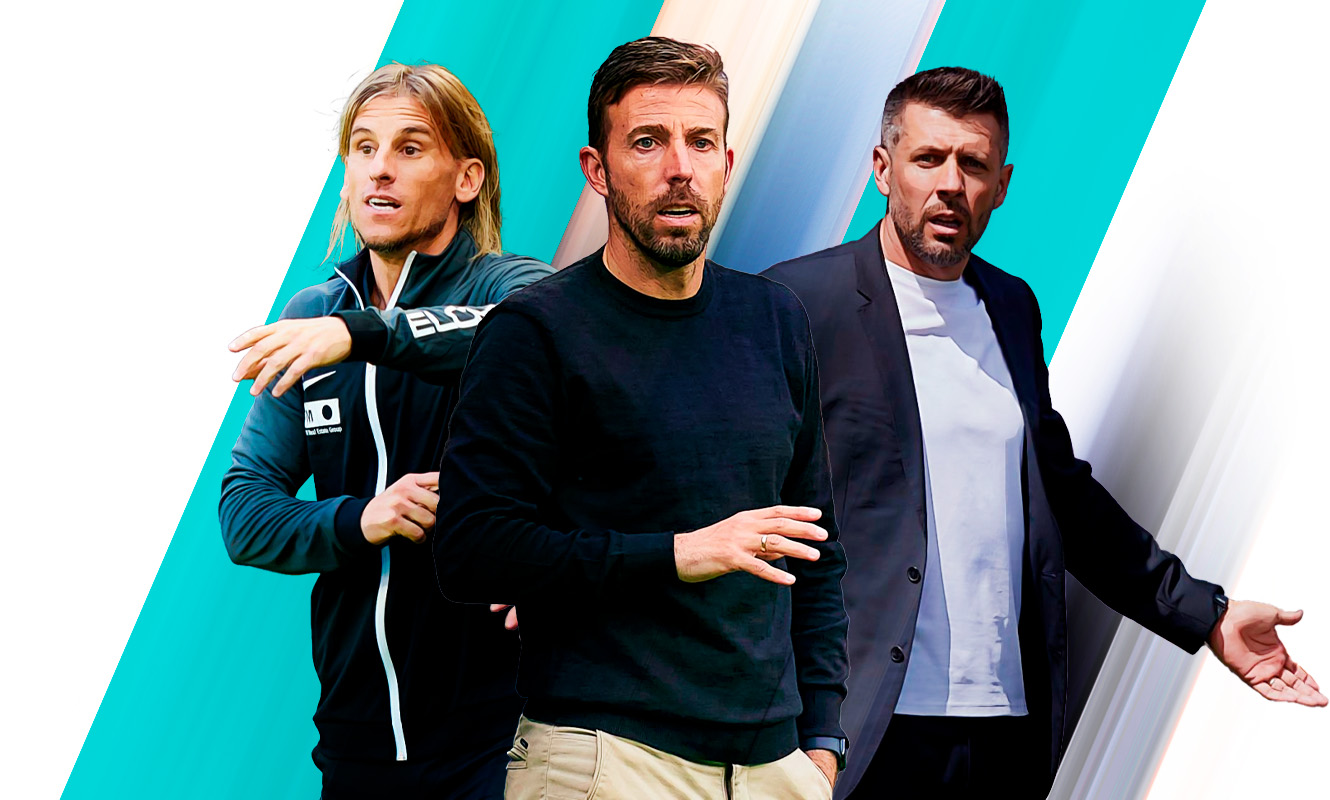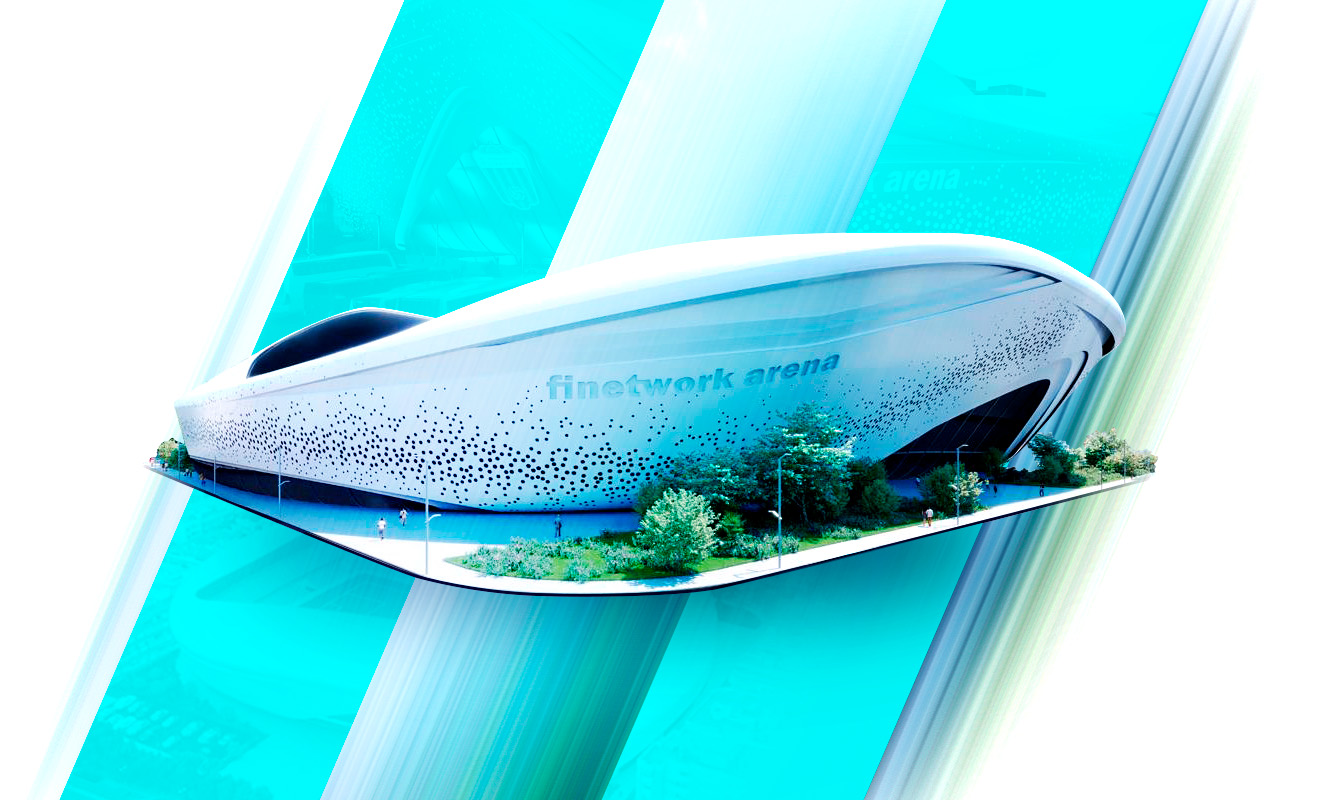A very illustrious Second
The Hypermotion League, as the Second Division of Spanish football will be called this season due to the sponsorship of EA Sports, gets underway with the excitement of a competition that is characterized by its enormous equality… and for being a long-distance race. A marathon in which it is just as important to maintain a good rhythm of victories during the season as it is to demonstrate a good final sprint. The 42 games, 46 in the case of the teams that enter the dramatic playoff from third to sixth, give rise to multiple alternatives, streaks that move any team from the dangerous zone to dreaming of promotion or vice versa. In summary, an uncertainty that in many cases is only resolved in the final stretch and that can change the sporting, economic and institutional destiny of a club.
Many of them aspire to return to the highest category due to capacity or history. Their illustrious past is not a guarantee, but they give prestige to this second step. This is the case of Zaragoza, Sporting, Oviedo, Albacete, Tenerife, Racing de Santander… and, of course, the three relegated teams, Valladolid, Espanyol and Elche, who know that they are in a key season to return to the elite . Failing to do so, without taking advantage of the economic compensation received by those recently lowered, It can mean a journey through a category that, due to its enormous equality, has the risk of flirting with the First RFEF, ‘well’ into which a historic player like Málaga fell last season. Racing de Ferrol, Amorebieta, Alcorcón and Eldense, who returns to Segunda six decades later, come from there, and return with the difficult task of finding a place in professional football.
Seasons in Second
until the last second
The truth is that whatever the objective, until the last second counts. Eibar knows it well, leader of the category for several days, who stayed one goal away from achieving direct promotion. Finally, he was relegated to the promotion playoff, in which Alavés eliminated him from the fight to return to the top flight. The people of Vitoria, in the final of the qualifying rounds, experienced another movie ending… which was terrifying for their rival, Levante. A penalty in injury time converted by Villalibre decided the victory for Glorioso, who returns to elite. Both Eibar and Levante will try again with little time to regret how their place in the First Division vanished at the last breath. The best example of the competitiveness of this category that stands out as one of the most even in Europe.
quality or group
The million dollar question is: Where is the key to forming a team capable of fighting for promotion? Economic capacity helps, but it is not always a guarantee of success. And those clubs that hit the mark but don’t manage to move up the category see how their squads are dismantled. Espanyol, Elche and Valladolid must have powerful squads, but the ability to make deals, the intuition to move between the Primera discards and the speed to get quality additions count when preparing the templates. Cases like that of Oviedo, which has incorporated players with a good line-up such as Alemao or Seoane, a Zaragoza team that has secured a new loan from Mollejo and has reinforced all its lines, or Eibar, with the arrival of a young talent with experience in the First Division. Like Unai Vencedor, they have been some of the clubs that have not waited to encourage the market.
If you don’t get on first…
Since the 2017/2018 season compensation is applied to teams relegated from First Division. These clubs receive financial aid to curb the economic blow in income that comes from going down the ladder. This year, both Espanyol (19.5 million), and Elche (12.8) and Valladolid (10.3) they will receive an injection that places them as indisputable candidates for promotion. The measure, which by other entities has sometimes been classified as unfair, also has a double edge.
This loss of purchasing power is more plausible if it is not possible to rise again, and leaves some clubs on the brink of institutional drama. Something that loads pressure on all levels of the club, be it players, coaching staff, sports management… If relegation is a huge blow, not recovering the category radically changes the reality of a club.
Among other reasons, the clubs are forced to adjust their budgets to the maximum and there are cases such as Levante, a club that went from being in the First Division to the end of the season to face another campaign in Segunda after suffering a worrying administrative situation.
Foreign investment
But this Hypermotion League It is also no stranger to the arrival of foreign capital that sees investment forms in clubs with growth potential. The Mexican money in the Asturian clubs, the Qatari in Albacete or the American in Leganés, Zaragoza or the recently promoted Alcorcón are proof of this. However, on other occasions there are problems of not knowing how to adapt to a football that does not always return financial injections in the form of successes.
The Real Valladolid project, directed by the Brazilian Ronaldo Nazario, and the Chinese and Argentine capitals that command Espanyol and Elche they must demonstrate that, after losing the category, they are capable of turning the helm to return their clubs to the EA Sports League. Be that as it may, up to nine Segunda clubs have majority shareholders from outside our borders who aspire to turn their projects into references in Spanish football.
hot benches
In the coaching section, the three relegated clubs have opted to go back up with the same coaches who lived through the drama of being downgraded: Beccacece (Elche), Pezzolano (Valladolid) and Luis García (Espanyol). In fact, only six novelties on the benches. Joseba Etxebarria (Eibar), Víctor Sánchez (Cartagena), Bolo (Burgos), Borja Jiménez (Leganés), Alessio Lisci (Mirandés) and Asier Garitano (Tenerife) They will debut a position on the benches of a category in which the rotation of coaches is a constant. Rubén Albes, in charge of Albacete, Álvaro Cervera, directing Oviedo, or Javier Calleja (Levante) are some of the names of coaches who are most expected after the previous good season. What is a constant is the commitment to the Spanish coach, since 19 of the 22 are national. Among them, Miguel Álvarez, the coach who has spent the most seasons on the bench of the only subsidiary in the category, Villarreal. He is in his seventh season.
It is not a league for affiliates
And it is that in the meantime an illustrious and aspiring team, Villarreal will once again be the only First Division club capable of maintaining its subsidiary in the second category of Spanish football. With the recurring debate as to whether Spain needs its own competition for the ‘B teams’ of the biggest clubs, the yellows have been able to survive in the competitive Second Division. Neither Real Madrid nor Barça are represented again. Long gone is that time, still in the 20th century, in which the normal thing was that three or four subsidiaries were present in the second category. In the 21st century, only Barça B was able to last five consecutive seasons in what is now the Hypermotion League. The surprising Málaga B did it in three. Neither Castilla, nor Sevilla B, nor Real B… have been capable of more than intermittent appearances. For many, the Bosman Law and the acceleration in the maturation of footballers, at a time when it is not uncommon to see teenagers aged 17 or 18 make their debut in the First Division, has caused the subsidiaries to lose prominence.
The Eldish Dream
The great novelty of the category comes from Elda. One of the clubs that has made the most noise in its promotion, and not only for leaving Castilla without their dream promotion. The Eldense is a team that has a huge project behind it for the city of Alicante to make a name for itself in professional football. After returning to Segunda almost 60 years later, this club hopes to put the icing on the cake to the profound transformation that it has undergone in recent years.
And it is that not so long ago, in 2017, his name appeared in a case of rigging that made the Alicante club hit rock bottom, which since 2021 became a public limited company, with Pascual Pérez as the largest shareholder. Since then he has led a project that has risen from the Second RFEF and aspires to take the club to the elite, with ambitious aspirations such as having a stadium with 18,000 spectators. This season in the competitive Second Division will be the best thermometer to find out if these aspirations are on the right path and their performance, one more attraction in a category that is once again exciting.



